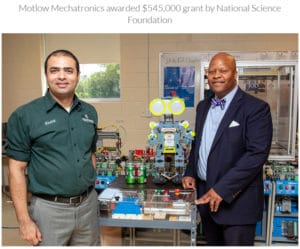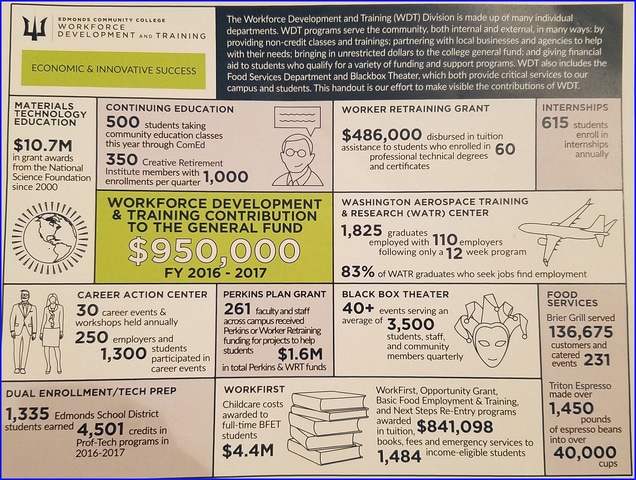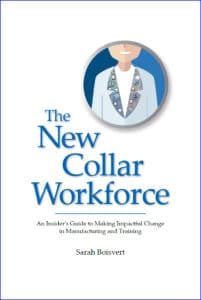In Florence, South Carolina, there is a strong emphasis on smart manufacturing. Based on the AM News post about how community colleges are innovating and incubating new ideas and companies (see end of post for link), it is clear that the Southeastern Institute of Manufacturing & Technology (SiMT), a division of Florence-Darlington Technical College (FDTC), also knows how to build up entrepreneurs.
On March 19th, the SiMT is hosting Entrepreneurship Day 2019 (register by March 17). According to a SiMT newsletter, participants will “Understand how to start and build a company by working with professional service providers. Speakers will be presenting in this exciting day-long event at the Southeastern Institute of Manufacturing and Technology. Resource partners and experienced entrepreneurs specializing in Intellectual Property, Trade Secrets, Employment, Economic Security, Social Media Marketing and Finance.”
The event is open to anyone who is currently in business or thinking about starting a new service or developing a product, as well as established businesses wanting to stay current in their industries.
In addition to the entrepreneurial focus, the Southeastern Institute of Manufacturing & Technology houses the most advanced additive manufacturing center and 3D virtual reality production studio in the region. It is comprised of six business units: Gould Business Incubator, Additive (aka 3D printing), Advanced Machining, Virtual Reality, The Listening Center, and Event Hosting and Conference center. The Institute’s staff engineers routinely work with FDTC to help conceive products, manufacture precision parts, and produce virtual training experiences for students and the community.
Florence-Darlington Technical College (FDTC) has 6,000 curriculum students and FDTC has 22 programs that have at least a 75 percent student job placement rate upon graduation in a field related to their major. Its campus started with 10 acres in 1963 and has expanded to nearly 240 acres with a modern complex of eight major buildings totaling nearly 350,000 square feet, including the SiMT which is less than two miles away.
If you are interested in how community colleges are helping students to consider an entrepreneurial venture as a career option, check out this post: Community Colleges Are Innovating and Incubating New Ideas And Companies. It includes links to a new book published with the support of the National Association for Community College Entrepreneurship (NACCE): Community Colleges as Incubators of Innovation: Unleashing Entrepreneurial Opportunities for Communities and Students by editors Rebecca Corbin, Ed.D. and Ron Thomas, Ph.D.



